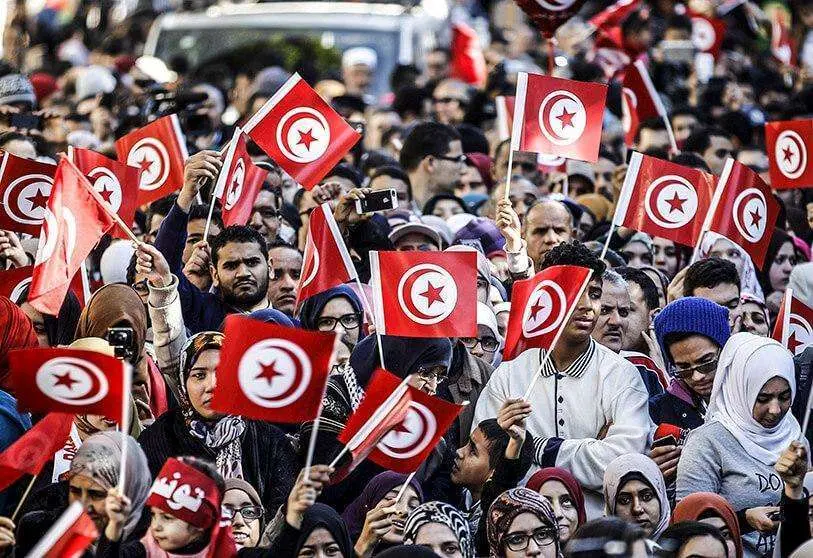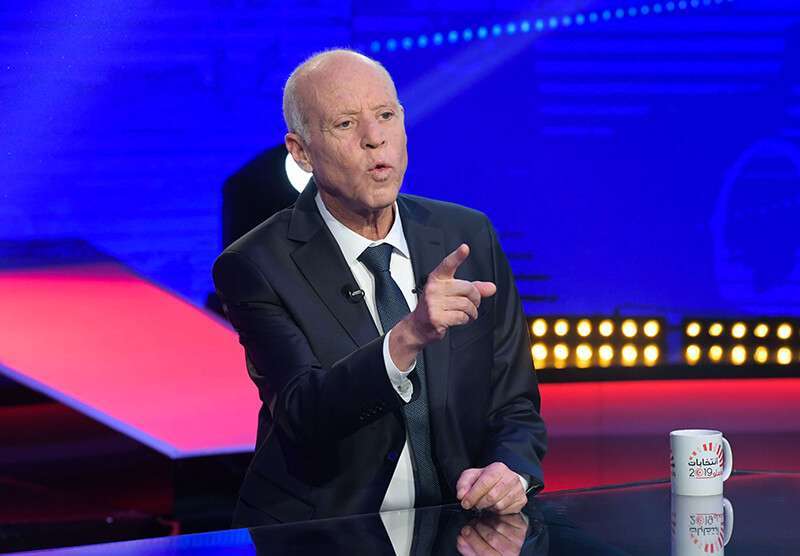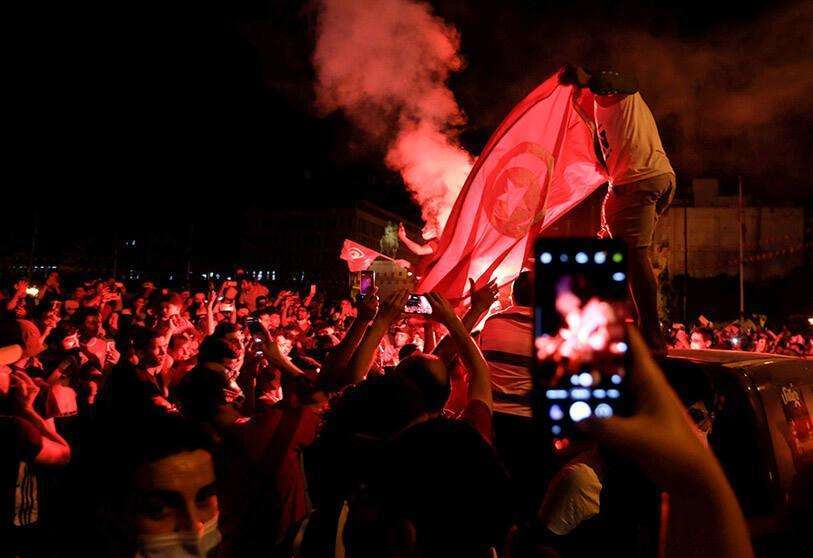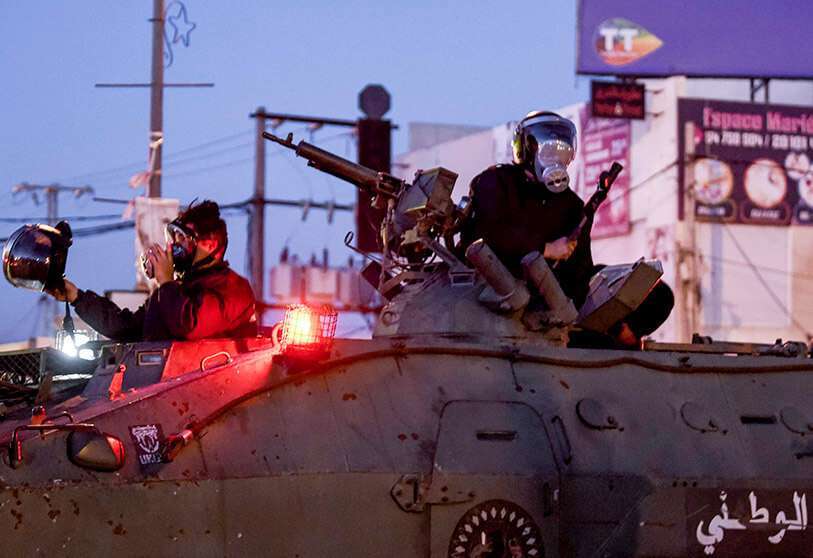Tunisia, the beginning and end of the Arab Spring?

The "Arab Springs" began in Tunisia as a result of a chain movement following the immolation of Mohamed Bouazizi on 10 December 2010 and the subsequent "Jasmine Revolution", which broke out a few days later in Sidi Bouzid.
The fall of Ben Ali's regime after 23 years in power generated enormous expectations (not only in Tunisia) to end a regime based on injustice and corruption, and to begin a path of justice and freedom, leading to political democracy and economic well-being.
The first step was the establishment of a classical democratic system of a semi-presidential republic, with independent elections for the Parliament and the Presidency of the Republic. In the 2019 elections, Kais Saied won the presidency with very significant support, while the moderate Islamist Ennahda party became the largest party in a very divided House.

The significant deterioration of the economy, which has led to the existence of ten governments in a decade, coupled with disastrous management of the Pandemic, has once again generated protest movements among the population, with the ensuing political battle to take responsibility for the situation.
In this context, Saied, a former constitutional law professor, has adopted an obstructionist stance, not only with regard to executive appointments, but also (and here lies the key) in the implementation of the Constitutional Court, which should have been operational since 2015. The Tunisian constitution reserves direct powers over defence and foreign policy to the president, except in extraordinary circumstances, as set out in article 80.
The absence of the Constitutional Court makes the president the de facto sole interpreter of this article, which has allowed him to dismiss the prime minister and the ministers of defence and justice and to close the parliament, taking over all state powers, including control of the armed forces and the police. All this with a message to the people aimed at saving the country and restoring social peace.
Certainly, in emergency situations, the Constitution allows for the accumulation of powers for a maximum period of 30 days, so it might seem premature to speak of a "presidential coup" or coup d'état. In any case, this is bad news for a democratic regime that is becoming more and more comparable in the international arena.

Regardless of the outcome of the current situation, it is clear that, regardless of the evolution of the country's political system, the economic and social situation is far from acceptable for its citizens. From the West, the assessment of the Tunisian revolution has been seen as a breakthrough, particularly in its regional environment, but economic growth since 2010 has halved, unemployment (especially youth unemployment) is rampant, public debt is out of control, and the price of basic commodities continues to rise.
This scenario has been aggravated by the lack of control of the pandemic, with a very high death toll and a collapse of the health system, coupled with the fall in tourism, a key sector for the Tunisian economy.
The still recent memory of the "Jasmine Revolution" is still very present among Tunisians, and even recent movements such as the so-called "25th of July" are calling to complete the progress made in 2011. It is in this light that Saied's decision to reassure the population can best be understood. Concentrating the protests on the Ennhada party may buy him time to weather the storm.
Initial reactions point in that direction. The reaction of the Islamist party has been reassuring for the moment, and seven political parties have already joined a front in support of the president, and everything suggests that the majority of the population has welcomed the president's move very positively.

Considering that Saied also has the support of the army, it seems that the Western countries' calls for a return to normality may fall on deaf ears.
Unfortunately for Tunisia's citizens, ten years of democratic functioning have not resolved the precariousness of the Tunisian economy and, although it is true that for the moment the population supports its president, if the current situation continues, social tensions could erupt. At the moment, everything suggests that the state of emergency could be prolonged beyond the planned period, endangering the country's future.
A decade after the beginning of the democratic movements in Tunisia, with their promises of justice and prosperity, the prospects are not favourable for the region's only democracy. Will they end where the illusions of the Arab Spring began?
Juan Corona. Director of the Antoni de Montserrat Chair of World Studies / Universitat Abat Oliba CEU/The Diplomat.









